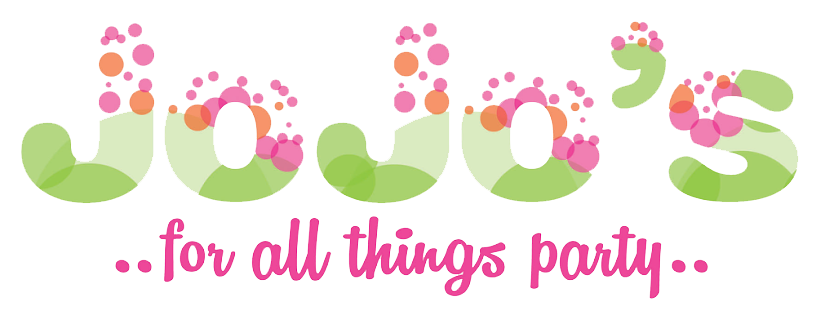Neuroscientists are discovering multiple ways that musical training improves the function and connectivity of different brain regions. Musical training increases brain volume and strengthens communication between brain areas. Playing an instrument changes how the brain interprets and integrates a wide range of sensory information, especially for those who start before age 7. These findings were presented at the Neuroscience 2013 conference in San Diego.
In a press briefing on November 11, 2013 Gottfried Schlaug, MD, PhD—who is an expert on music, neuroimaging and brain plasticity from Harvard Medical School—summarized the new research from three different presentations at the conference. These insights suggest potential new roles for musical training including fostering plasticity in the brain; have strong implications for using musical training as a tool in education; and for treating a range of learning disabilities.
Playing a musical instrument can cause fundamental changes in a young person’s brain, shaping both how it functions and how it is physically structured, researchers say. “Listening to and making music is not only an auditory experience, but it is a multisensory and motor experience. Making music over a long period of time can change brain function and brain structure,” Schlaug said.
Three Brain Benefits of Musical Training:
- Musicians have an enhanced ability to integrate sensory information from hearing, touch, and sight.
- The age at which musical training begins affects brain anatomy as an adult; beginning training before the age of seven has the greatest impact.
- Brain circuits involved in musical improvisation are shaped by systematic training, leading to less reliance on working memory and more extensive connectivity within the brain.
“Music might provide an alternative access into a broken or dysfunctional system within the brain,” said Schlaug. Adding, “Music has the unique ability to go through alternative channels and connect different sections of the brain.”
Young children can start their musical education by learning songs and rhymes. These can be learnt from parents, grandparents, siblings and friends, teachers and CD’s.
Source: www.psychologytoday.com – Musical Training Optimizes Brain Function and www.tigersandteapots.com.au – Information For Parents

